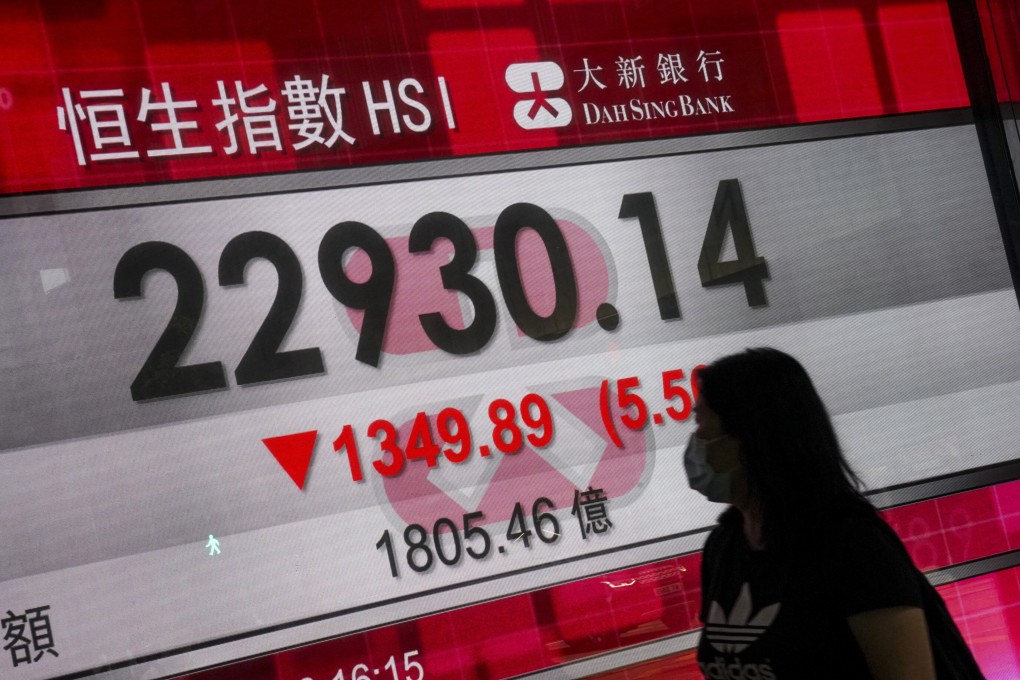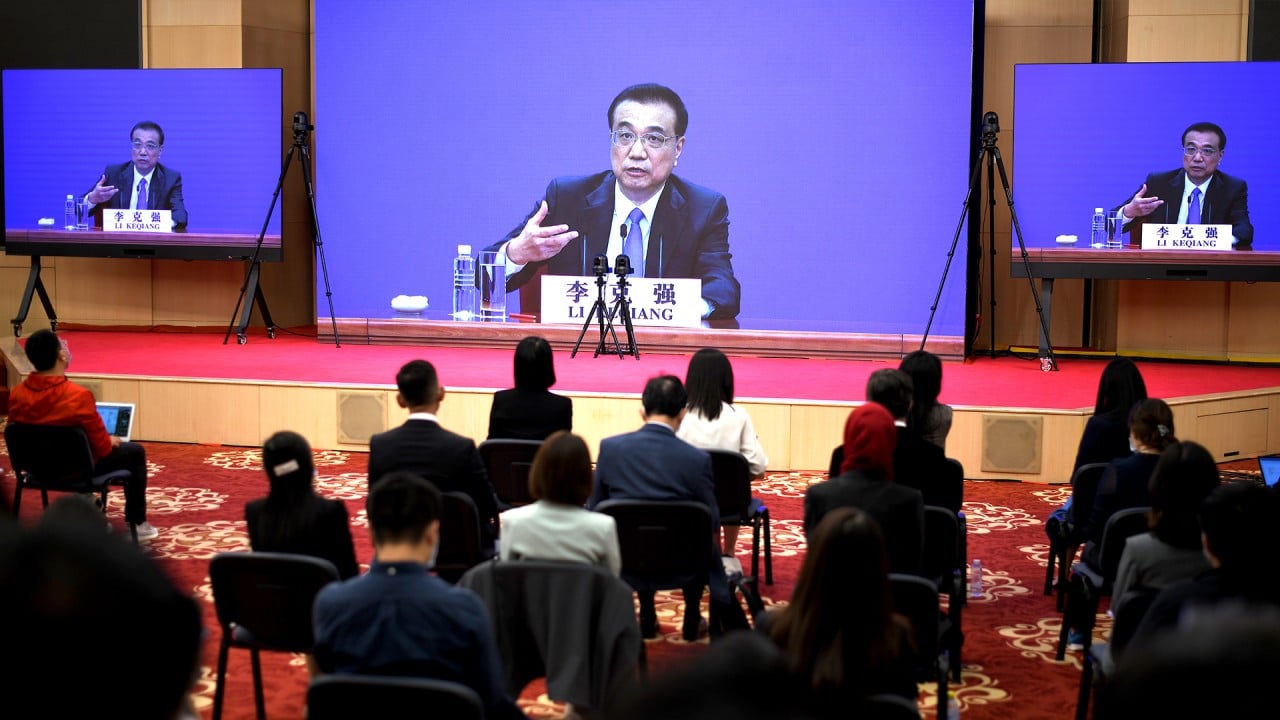My Take | Hong Kong faces its toughest time ahead
- The city has become the new “war front” over which Beijing and Washington clash in a test of wills and stake their claims as sovereign versus imperium

Hong Kong now has the worst of both worlds. There will be plenty of blame to go around – mutual recriminations between the blue and yellow camps, and on the much larger world stage, those between Beijing and Washington.
But any way you slice it, the city and its people have come out the biggest losers.
Politically, what has been arguably one of the freest cities in the world will be much less free after Beijing imposes a national security law. Economically, what has often been described as the world’s freest economy may soon lose its special customs status with the United States and be considered by Washington as no more than “just another mainland city”.
Things certainly took a rapid turn for the worse. Even last week, it wasn’t supposed to be this dire. At first sight, Beijing’s version of the national security law looked less draconian than the one stated in Article 23, which has yet to be legislated under the Basic Law, Hong Kong’s mini-constitution. It does not, for example, include treason and theft of state secrets. It does cover terrorism, though, while Article 23 doesn’t.
However, Beijing has since disclosed a plan to expand the scope of the proposed law to prohibit “activities” that would “seriously endanger national security” as well as forming special units, possibly involving mainland agents, under the law to carry out investigations.

05:11
Chinese Premier Li Keqiang on pandemic, China-US tensions and Hong Kong
While Washington had threatened to punish Beijing over the planned law, most Sino-American affairs specialists thought that would likely be sanctions against individual mainland officials.
